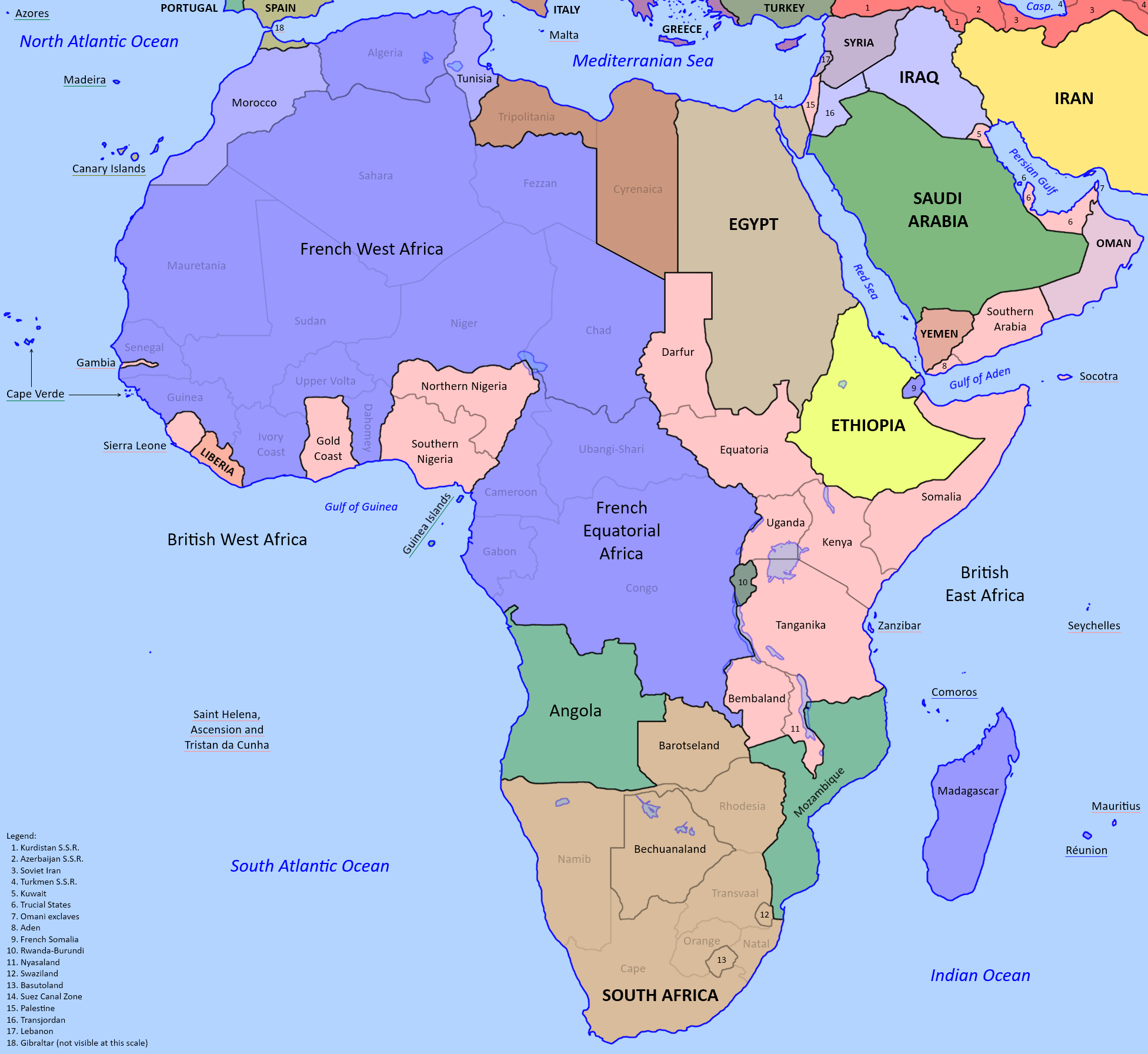Overview
Introduction
The history of Africa is rich and diverse, filled with remarkable civilizations that have often been overlooked or forgotten. These ancient African civilizations played a crucial role in shaping the course of history, yet their contributions are often overshadowed by the narratives of other civilizations. As we celebrate Native American Heritage Month, it is important to also recognize and appreciate the cultural heritage of African civilizations. This article aims to shed light on the importance of African civilizations and their lasting impact on the world.
Importance of African civilizations
African civilizations have played a crucial role in shaping the course of human history. Their significance cannot be understated, as they have made significant contributions to various aspects of society. One of the key reasons why African civilizations are important is their influence on the exploration of Aztec civilization. By establishing trade routes and engaging in cultural exchanges, African civilizations paved the way for the discovery and understanding of the Aztec civilization. This exploration not only expanded knowledge and understanding of different cultures but also contributed to the development of new ideas and technologies. The impact of African civilizations on the exploration of the Aztec civilization is a testament to their importance and their lasting legacy.
Brief history of African civilizations
African civilizations have a rich and diverse history that spans thousands of years. These civilizations were not only advanced for their time, but they also made significant contributions to the development of human civilization as a whole. From the earliest civilizations in Egypt and Carthage to the powerful empires of Ghana, Mali, and Songhai, African societies were at the forefront of innovation, trade, and cultural exchange. These civilizations developed complex political systems, sophisticated art and architecture, and advanced scientific and technological knowledge. They also had a profound impact on African culture, shaping traditions, languages, and social structures that continue to influence the continent today.
Ancient African Civilizations

Egyptian civilization
The Egyptian civilization is one of the most well-known and influential ancient African civilizations. It emerged around 3150 BCE and lasted for over 3,000 years, leaving a lasting impact on the world. The Egyptians were renowned for their advanced architecture, including the construction of monumental structures such as the Great Pyramids and the Sphinx. They also developed a complex system of hieroglyphic writing, which allowed them to record and communicate information. Additionally, the Egyptians made significant contributions to science and technology, such as the development of irrigation systems and the invention of the calendar. Their belief in the afterlife led to the creation of elaborate burial practices and the construction of magnificent tombs, such as the Valley of the Kings. The Egyptian civilization’s rich cultural heritage continues to fascinate and inspire people around the globe.
Carthaginian civilization
The Carthaginian civilization was one of the most influential and powerful civilizations in ancient Africa. Located in present-day Tunisia, Carthage was founded by Phoenician settlers around the 9th century BCE. Known for its formidable navy and maritime trade, Carthage established a vast empire that spanned across North Africa, the Mediterranean, and even parts of Europe. The Carthaginians were skilled seafarers and traders, and their prosperity was built on their control of trade routes and their ability to extract resources from their colonies. They were also known for their military prowess, particularly in their conflicts with the Roman Republic during the Punic Wars. Despite their eventual defeat by the Romans, the Carthaginian civilization left a lasting legacy in terms of its influence on art, architecture, and culture in the region.
Nubian civilization
The Nubian civilization, also known as the Kingdom of Kush, was an ancient African civilization that thrived along the Nile River in what is now modern-day Sudan. Forgotten history has often overlooked the significant contributions of the Nubians to the development of African civilizations. The Nubians had a rich culture and a powerful kingdom that lasted for thousands of years. They built impressive cities and temples, such as the capital city of Napata and the famous temple at Jebel Barkal. The Nubians were skilled in agriculture, trade, and warfare, and they had a strong military that defended their kingdom against invasions. Their society was organized into a hierarchical structure, with a king at the top who ruled over the nobles, priests, and common people. The Nubians also had a system of writing known as Meroitic script, which remains largely undeciphered. Despite their achievements, the Nubian civilization has often been overshadowed by other ancient civilizations, but it is important to recognize their forgotten history and the significant impact they had on the development of African civilizations.
Medieval African Empires

Ghana Empire
The Ghana Empire, also known as Wagadou, was a powerful West African kingdom that existed from the 6th to the 13th century CE. Located in present-day southern Mauritania and Mali, the empire was strategically positioned along the trans-Saharan trade routes, which allowed it to control the flow of goods, including gold, salt, and slaves. The empire’s wealth and influence grew as it established trade networks with North African and Arab merchants. The Ghana Empire was renowned for its strong military and administrative systems, which enabled it to maintain control over its vast territories. The empire’s capital, Koumbi Saleh, was a thriving commercial center and a hub of cultural exchange. The empire’s decline began in the 11th century due to internal conflicts, external invasions, and the shift of trade routes. Despite its eventual downfall, the Ghana Empire left a lasting legacy in the region, influencing subsequent empires and contributing to the development of West African civilizations.
Mali Empire
The Mali Empire, also known as the Manden Kurufaba, was one of the most powerful and prosperous empires in West Africa during the medieval period. It was founded by Sundiata Keita in the 13th century and reached its peak under the leadership of Mansa Musa in the 14th century. The empire was strategically located along the Niger River, which allowed for trade and cultural exchange with other civilizations. Mansa Musa, the most famous ruler of the Mali Empire, is renowned for his extravagant pilgrimage to Mecca, during which he distributed vast amounts of gold and showcased the wealth and splendor of the empire. The Mali Empire was known for its rich culture, vibrant cities, and thriving economy. It had a well-organized government, with a centralized administration and a complex system of taxation. The empire’s wealth was primarily based on the control of gold and salt trade routes, which brought immense prosperity and enabled the development of magnificent cities like Timbuktu and Gao. The Mali Empire also had a strong military, with a well-trained army and a navy that patrolled the Niger River. It had a hierarchical social structure, with the emperor at the top, followed by nobles, merchants, and farmers. The empire’s decline began in the 15th century due to internal conflicts, external invasions, and the disruption of trade routes. However, its legacy and impact on African history and culture continue to be recognized and celebrated today.
Songhai Empire
The Songhai Empire was one of the largest and most powerful empires in African history. It emerged in the 15th century in the region of present-day Niger and reached its peak during the reign of Sunni Ali. The empire was known for its strong military and efficient administration. It had a well-organized army, led by skilled generals, and a centralized government that effectively controlled the vast territories it conquered. The Songhai Empire was also a center of learning and intellectual activity. Timbuktu, one of its major cities, was a renowned center of scholarship and attracted scholars from all over the world. The empire’s scholars made significant contributions to various fields, including literature, mathematics, astronomy, and medicine. The Songhai Empire declined in the late 16th century due to internal conflicts and external invasions. However, its legacy continues to influence African culture and history to this day.
Impact and Legacy

Influence on art and architecture
The influence of ancient African civilizations on art and architecture is undeniable. These civilizations were pioneers in developing unique artistic styles and architectural techniques that still inspire and captivate people to this day. One notable example is the Egyptian civilization, known for its grandiose pyramids and intricate hieroglyphics. The Carthaginian civilization, on the other hand, was known for its mastery of naval architecture and innovative use of materials. The Nubian civilization, located along the Nile River, left a lasting legacy in the form of impressive stone structures and vibrant pottery. These civilizations not only created magnificent works of art and architecture, but they also influenced the artistic traditions of neighboring regions. The impact of African civilizations on art and architecture extends far beyond their time, and their contributions continue to be appreciated and celebrated.
Contributions to science and technology
African civilizations made significant contributions to the fields of science and technology, which had a profound impact on the development of human knowledge. One notable example is the Egyptian civilization, which excelled in various scientific disciplines such as astronomy, mathematics, and medicine. The Egyptians developed a sophisticated understanding of the stars and used their knowledge to create accurate calendars. They also made advancements in mathematics, including the development of a decimal system and the concept of fractions. In the field of medicine, the Egyptians were pioneers in surgical techniques and herbal medicine. Another influential African civilization was the Carthaginian civilization, known for their expertise in navigation and shipbuilding. The Carthaginians developed advanced sailing techniques and built sturdy ships that allowed them to explore distant lands and establish trade routes. Additionally, they made significant advancements in agriculture, introducing new farming techniques and cultivating crops that were previously unknown in other parts of the world. The Nubian civilization also made important contributions to science and technology. They were skilled architects and engineers, known for their impressive structures and irrigation systems. Nubian engineers developed innovative methods for water management, allowing them to cultivate fertile lands in arid regions. These advancements in science and technology not only benefited the African civilizations themselves but also had a lasting impact on the development of global knowledge and influenced future generations of scientists and scholars.
The lasting impact on African culture
African civilizations have left an indelible mark on the cultural landscape of the continent. Traditional African art continues to inspire contemporary artists around the world, with its vibrant colors, intricate patterns, and symbolic motifs. From the Great Pyramids of Egypt to the rock-hewn churches of Lalibela in Ethiopia, African architecture has influenced architectural styles across the globe. African civilizations also made significant contributions to science and technology, with advancements in areas such as mathematics, astronomy, and medicine. For example, the ancient Egyptians developed a sophisticated understanding of mathematics and used it to build monumental structures like the pyramids. Additionally, African cultures have a rich oral tradition, with storytelling, proverbs, and songs passing down historical and cultural knowledge from generation to generation. This emphasis on oral history has helped preserve the cultural heritage of African civilizations. Overall, the impact of African civilizations on culture is far-reaching and continues to shape the identity and creativity of the African continent.
Avid Writer with invaluable knowledge of Humanity!
Upcoming historian with over 30 million views online.
“You make your own life.”





